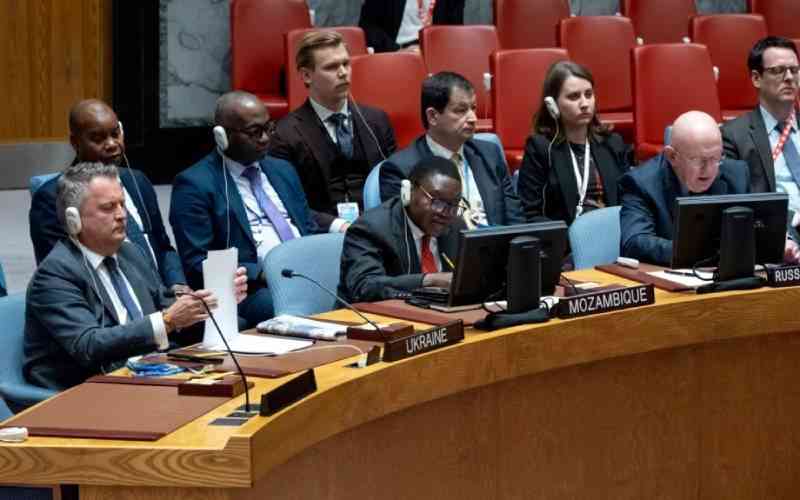
The United Nations General Assembly will hold a vote Tuesday on whether to allow Russia to rejoin the world body's Human Rights Council, nearly two years after it ejected Moscow from the council following its invasion of Ukraine.
The Geneva-based council is made up of 47 nations with each nation taken from five regional groups. Russia, one of several nations seeking a three-year term on the Human Rights Council, is competing against Albania and Bulgaria for the two seats allotted to the East European region.